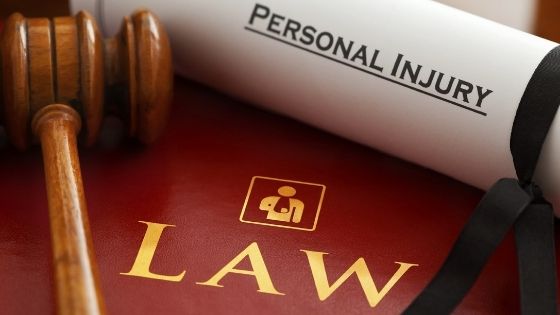Individuals injured on the job may file a worker’s compensation claim. Most employers in Minnesota must maintain this insurance to pay any bills related to an accident in their workplace or when an employee is doing a job on their behalf. In addition, this insurance pays the injured employee a portion of their pay while they cannot work because of the injury. However, workers’ compensation does not cover all bills that may result from the injury and recovery period.


What Does Workers’ Compensation Cover?
Workers’ compensation covers any medical care needed by the employee who sustained the injury. Vocational rehabilitation falls under the expenses covered by the employer’s policy, and injured employees receive some of their wages lost due to the injury. However, the employee may find they have other expenses because of the accident.
Additional Expenses Not Covered by Worker’s Compensation
When a person is injured on the job, the nature of their injuries may prevent them from doing everyday tasks. For instance, a person who breaks their leg while on the job may find they cannot cook and clean without help. They must pay someone to come into the home and do these tasks for them until their leg heals. Workers’ compensation won’t cover this expense, so it falls on the employee who is only being paid a portion of their normal wages. They may wish to file a personal injury claim in this situation. Before doing so, they should speak with Mottaz and Sisk Injury Law.
When Can a Personal Injury Claim Be Made?
Workers want to know when they can make a personal injury claim over a workers’ compensation claim. One situation where the legal system would permit this is when the employer either lacks the required coverage or they have inadequate coverage. However, the employee must show a third party was responsible for the accident.
A scenario in which a person may file a personal injury claim rather than a workers’ compensation claim is when a cleaning company doesn’t dry the floor or put up wet floors signs, and failing to take these steps led to the accident. In this situation, the worker may file a personal injury claim. However, it is best to speak to an attorney before proceeding to learn which option is best.
A premises liability case may qualify as a workers’ compensation or personal injury claim. The same holds when the case revolves around product liability. As there are many factors that could affect the case and play a role in which type of claim the victim should file, legal advice is essential.
Employees May File a Workers’ Compensation and Personal Injury Claim for the Same Incident
When might an employee want to file a personal injury suit if they are already receiving workers’ compensation benefits? If the person has expenses above and beyond what the workers’ compensation policy covers, and they can prove a third party was responsible for the injuries, they may file both claims. In this situation, the third party will be required to repay the workers’ compensation insurer for any funds it has paid out in relation to the incident.
In addition, this third party becomes responsible for a full recovery for anything not covered by workers’ comp. For example, the worker may receive compensation for punitive damages, pain and suffering, and more.
Speak with an attorney in Minnesota if you have been injured on the job and a third party bears some or all responsibility for the incident. This ensures the employee receives the maximum amount of compensation. Don’t delay in reaching out to an attorney, as they can be helpful during this difficult time.
















